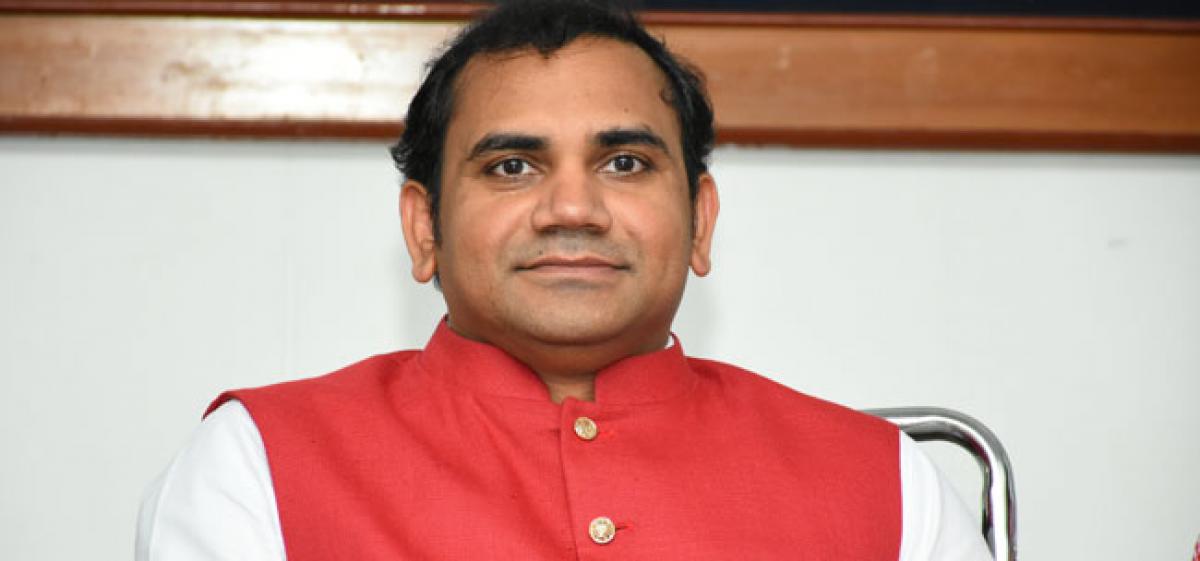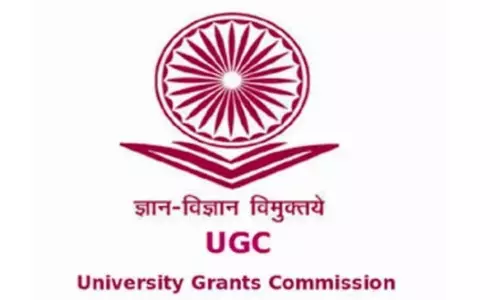Instil hope through employment generation in Titli-hit victims

Traditionally known as Chicacole, Srikakulam district is blessed with abundant natural resources like the land, perennial rivers, mountains, forests, minerals and a long coastal lien of about 193 kms
Srikakulam: Traditionally known as Chicacole, Srikakulam district is blessed with abundant natural resources like the land, perennial rivers, mountains, forests, minerals and a long coastal lien of about 193 kms.
With a total area of 5,837 sq kms, the district was subject to several revisions geographically. In 1969, 63 villages from Saluru and 44 from Bobbili taluk have been transferred to ‘Gajapathinagaram’ taluk in Vishakhapatnam district and certain parts of Saluru, Bobbili, Parvathipuram and Cheepurupalli Taluks were merged in 1979 to form a new district called Vizianagaram.
Twelve per cent of the total geographical area of the district equal to 68,641 hectares is under forest cover, which is known for naturally available edible and utility products like tamarind, timber, turmeric, hill brooms, gum, cashew, pineapple, custard-apple, adda leaves, beedi leaves, nuxvomica, soap nuts, and marking nuts. Several perennial rivers like the Nagavali, Vamsadara, Suvarnamukhi,Vegavathim, Mahendratanaya, Gomukhi, Champavathi, Bahuda and Kumbikotagedda are flowing through this district.
Minerals like quarts, lime, kankar, beach sand, manganese, RMBS, gravel, colour granites and sand are available in plenty. According to the ministry of MSME, the Government of India, the major industrial activities in the district include APIE at Amadalavalasa, Industrial Park at Kusalapuram, MIE of Balaga IP Industrial Park at Palasa, and IDA, at Pydibheemavaram.
Out of 7,230 registered industrial units in the district, only 5,576 are functional. There are 35 medium and large-scale units and they are employing only 9155 members in the district, this is less than 0.25 per cent of existing population. Agro-based industries topped the list with highest number of units.
Agro-based products worth of $1412 are yielding 2345.93 core as profit. These are followed by Soda water Cotton textile, woolen, silk & artificial thread-based clothes, jute and jute-based ready-made garments, embroidery, wood/wooden based furniture, paper & paper products, leather.
Chemical/chemical, rubber, plastic & petro based, mineral, metal (steel fab), engineering units, electrical machinery and transport equipment, repairing & servicing, forest and Kachori making units.
There are not many public and private sector manufacturing and service industries that could employ a population of 23,68,378 that are capable of working to earn a living as per 2011 census. Srikakulam is industrially very backward and the majority large scale industries are agri-based like jute mills, sugar, and paper mills, with few exceptions like glass, pharmaceuticals, software (very few), granite, chemicals, and alloys.
Traditionally the people of this region have been working in agriculture, horticulture and allied agricultural activities. With the Titili devastation incurring massive loss to the cashew, drumstick, jack fruits, mango and banana, the farmers that hold less than 5 acres, have lost their crop as well as the investment they made this season on the land.
Land owners may not exceed 10 per cent and more than 80 per cent of them in farming sector are land less labor. These were relying for their livelihood on the plantations and have become jobless now. Since they don’t have training in any other area that could generate income for their survival, they are forced to become manual labors and thus are ready to migrate in the absence of employment.
Dr Srinubabu Gedela has completed Ph D from Andhra University and Postdoctorate from Stanford University. The research work is part of Pulsus Group CSR activity















